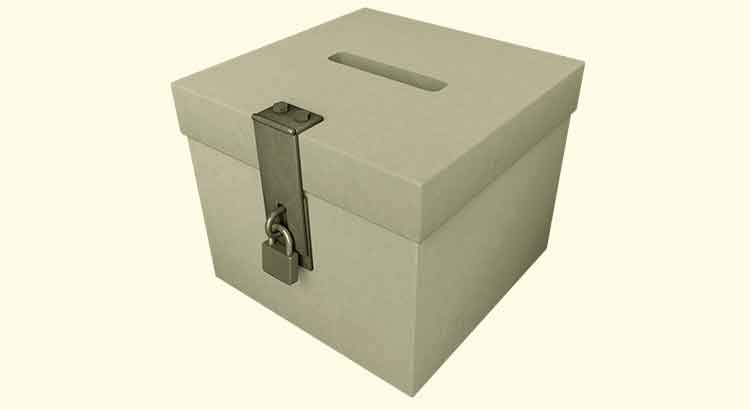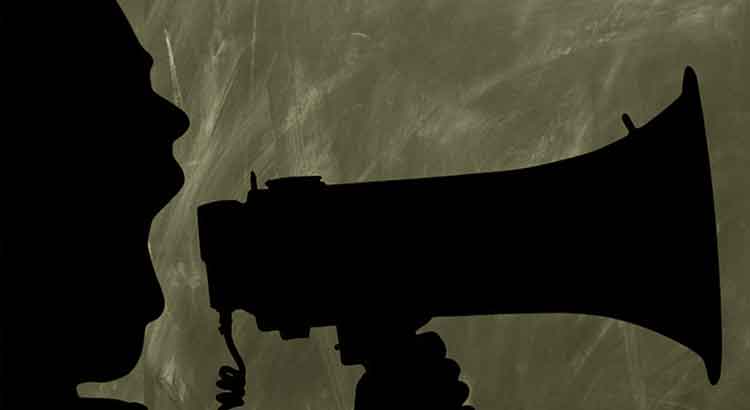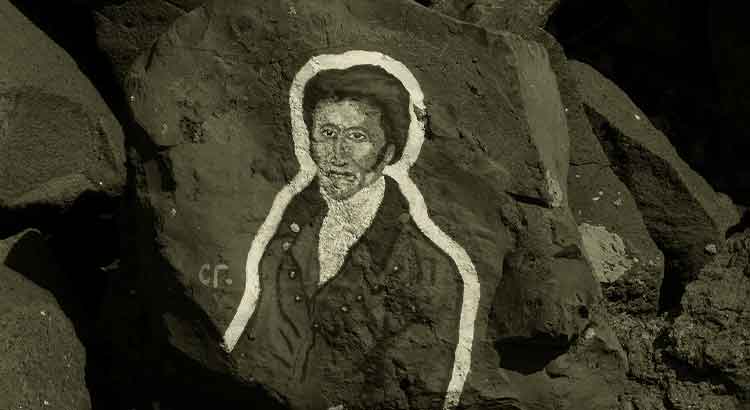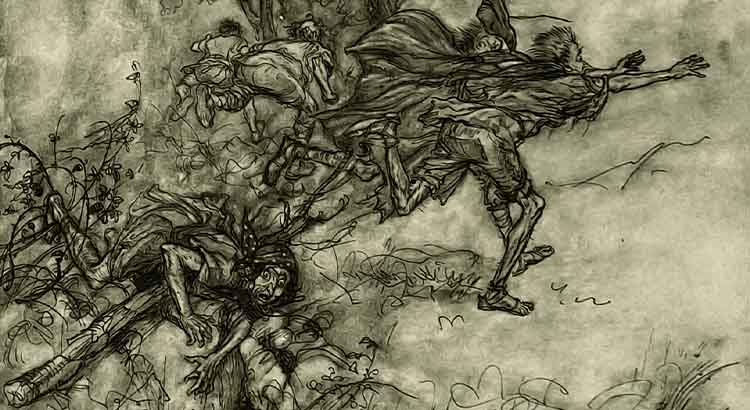I have fun, for a few minutes, imagining chances for the natural collapse of democracy. The collapse is natural because democracy is naturally flawed and incompetent. Let’s see: the first hypothesis would be some kind of revolution. Difficult. Revolutions make noise, the people are the master of noise, and hardly the people would support a revolution for the abdication of their power. The people would never say: “Really, I am an imbecile, and the world would be better off if I stopped meddling in issues that I don’t have the least capacity to evaluate.” That is why, even if democratic regions were to find themselves in misery, it would be difficult for an undemocratic solution to be approved by “sovereign will.” Second hypothesis: subjugation by force. Undemocratic countries would subjugate the less developed and control them politically. Very, very difficult if done uncovered: it would culminate in war, death, revolt, etc. etc. War seems to me, above all, not intelligent. There is a third hypothesis, still considering subjugation by force, but in a veiled way. That is: by economic force, the most developed and undemocratic would undermine the sovereignty of the backward. It seems perfectly possible to me, given the infinite and hypothetical means of execution. To cover up the people would be a very easy task in the marketing era. It would be difficult, perhaps, to subjugate the ego of the representatives of the supreme will. But for that there is the capital, there is information technology, there is intimidation engineering. It’s funny: even if we dispense with conspiracy theories, conjuring up collusion among the global elite, there is still a balloon inflating, inflating, inflating, and it is inevitable not to have fun imagining it bursting.
____________
Read more:



